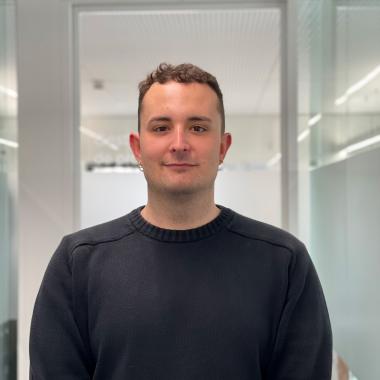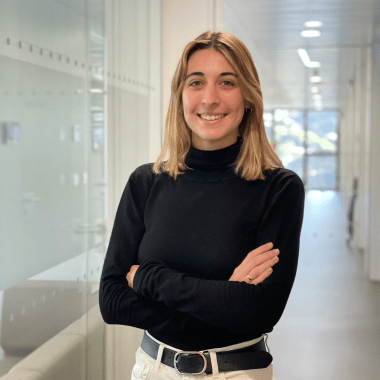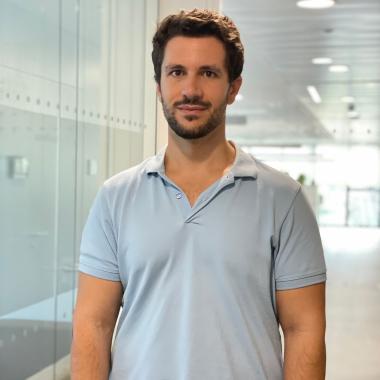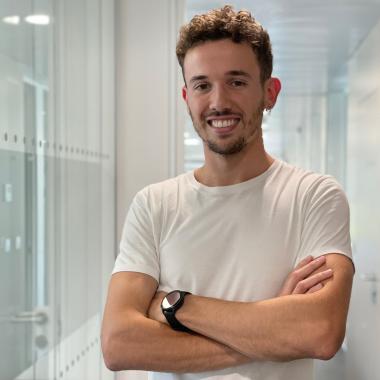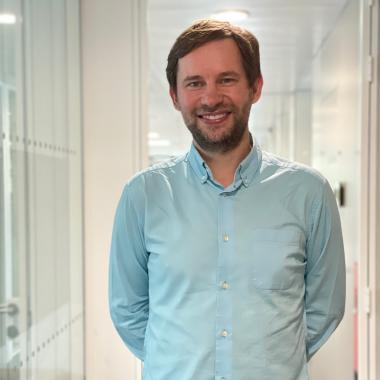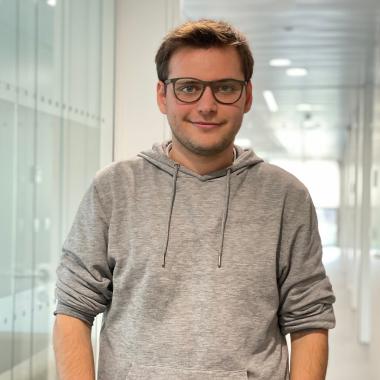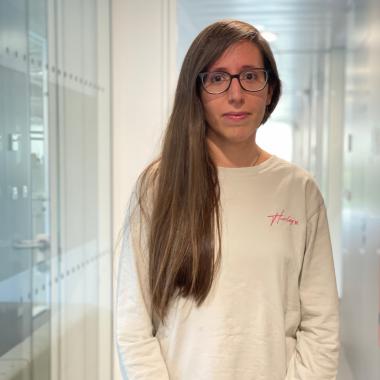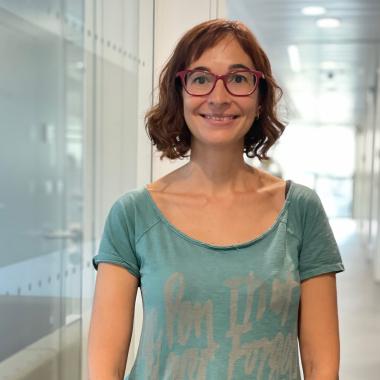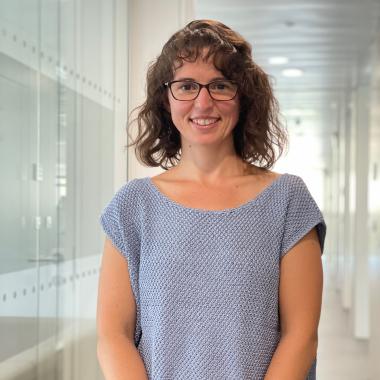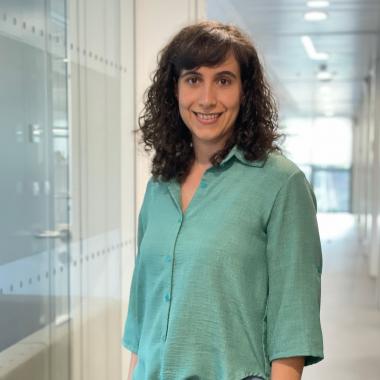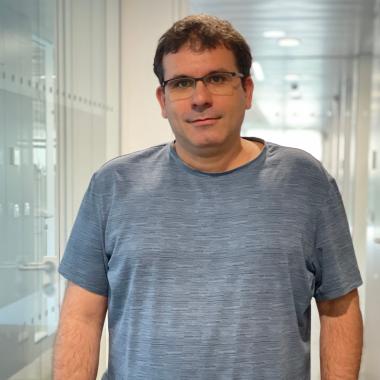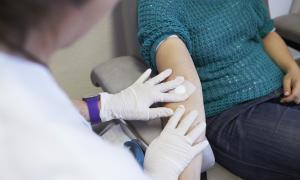The group characterizes the immunovirological mechanisms of virus such as HIV-1, Ebola virus, arenaviruses and SARS-CoV-2. The translational nature of its research is based on basic and applied research into potential new viral therapeutic strategies
Viral persistence and HIV cure strategies
Studied are the persistence of replication despite effective ART, the location of viral reservoirs and their consequences, and the development of therapeutic interventions aimed at reducing viral reservoirs and achieving drug-free immune control of HIV. The group co-leads a pioneering allogeneic stem-cell transplantation consortium for HIV patients (IciStem), which has reported the second and third case of HIV remission in the absence of ART.
Extreme HIV infection phenotypes
GREC evaluates the immunovirological features of extreme phenotypes (rapid progressors, exceptional natural controllers, viraemic non-progressors, exposed uninfected individuals, and paediatric populations) in an endeavour to understand infection pathogenesis and apply the findings to new therapeutic, diagnostic, and customized treatments.
Dendritic cell-mediated virus pathogenesis
Research is based on the group’s discovery of the recognition axis between viral gangliosides and their receptor CD169/Siglec-1, and on its role in viral spread, with a view to designing therapeutic strategies that exploit this mechanism. This research has been conducted for HIV-1, Ebola/Marburg virus, Lassa virus, and SARS-CoV-2.
SARS-CoV-2 and COVID-19
GREC collaborates in virus-host interaction projects through immunogenomic studies of severe disease cases, studies of exosome viral-antigen transport capacities, studies using CRISPR to identify potential cellular factors relevant to virus replication, and the development of lung/brain organoid and endothelial organ-on-a-chip models to explore potential antiviral and anti-inflammatory therapies and the long-term effects of COVID-19 in paediatric patients.









